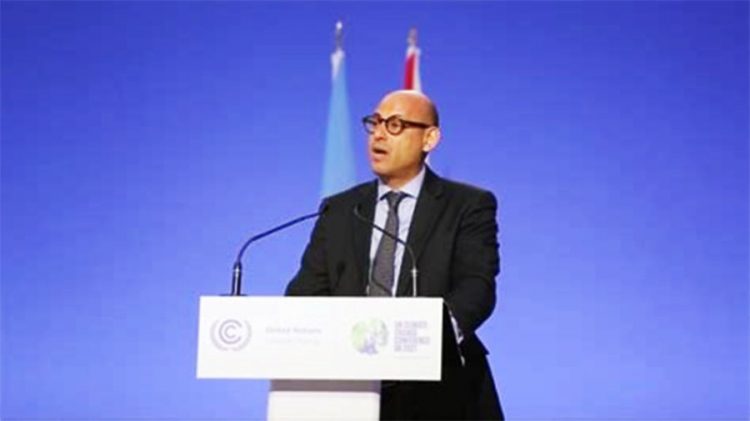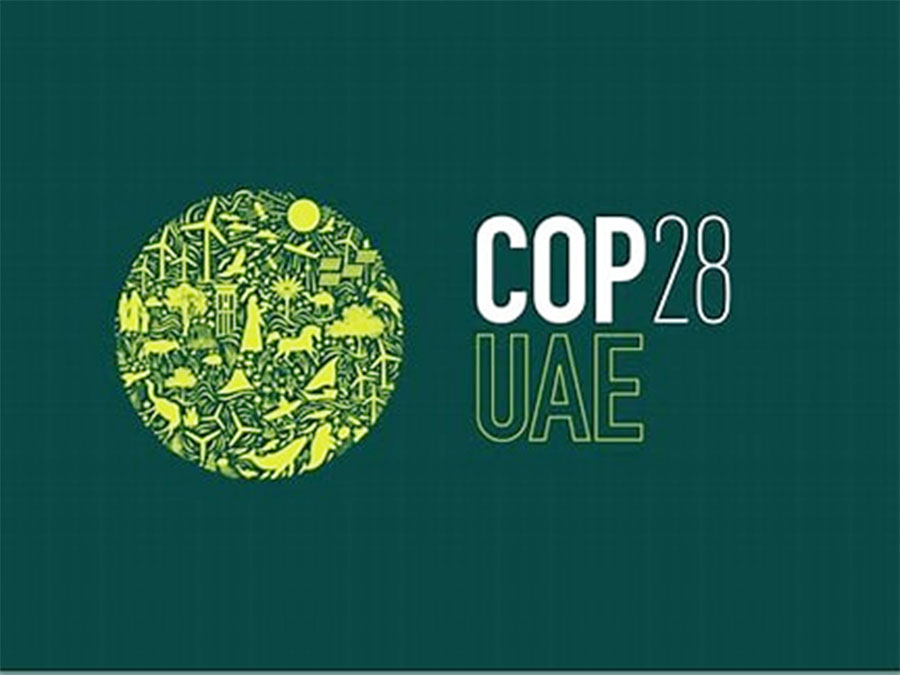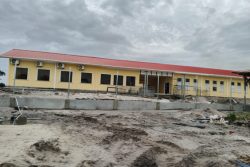A week before the high profile global climate change forum gets underway in Dubai a new United Nations report on climate change has brought news that national climate action plans by countries across the world remain insufficient to limit global temperature rise to 1.5 degrees Celsius and meet the goals of the Paris Agreement. It is, to say the least, depressing news, which is being handed to us a matter of days before a forum out of which some measure of uplifting news was expected gets underway. The dismal UN report notes that increased efforts by some countries to embrace its responsibilities, notwithstanding, much more action is needed now to bend the world’s emissions trajectory further downward and avoid the worst impacts of climate change.

What the UN report suggests, one commentator is quoted as saying, is that the international community is, at this time, taking no more than “baby steps” to evade the looming climate crisis. The UN disclosure places an even weightier onus on the COP 28 forum than might have been expected, “to get on track,” the commentator is quoted as saying. “This means COP28 must be a clear turning point. Governments must not only agree what stronger climate actions will be taken but also start showing exactly how to deliver them,” Stiel added.
The UN climate change official has said that at the conclusion of the first global stocktake at COP28 is where nations can regain momentum to scale up their efforts across all areas and get on track with meeting the goals of the Paris Agreement. The stocktake is intended to inform the next round of climate action plans under the Paris Agreement to be put forward by 2025, paving the way for accelerated action. “The Global Stocktake report released by UN Climate Change this year clearly shows where progress is too slow. But it also lays out the vast array of tools and solutions put forward by countries. Billions of people expect to see their governments pick up this toolbox and put it to work,” Stiell is quoted as saying.
Scientific assessments deriving from the UN’s Intergovernmental Panel on Climate Change indicates that greenhouse gas emissions need to be cut 43% by 2030, compared to 2019 levels. Such a cut is critical to limiting temperature rise to 1.5 degrees Celsius by the end of this century, thereby avoiding “the worst impacts of climate change, including more frequent and severe droughts, heat waves and rainfall,” the UN official says. Accordingly, Stiel asserts that “every fraction of a degree matters, but we are severely off track.” The UN official says that “COP28 is our time to change” that, “It’s time to show the massive benefits now of bolder climate action: more jobs, higher wages, economic growth, opportunity and stability, less pollution and better health.”









